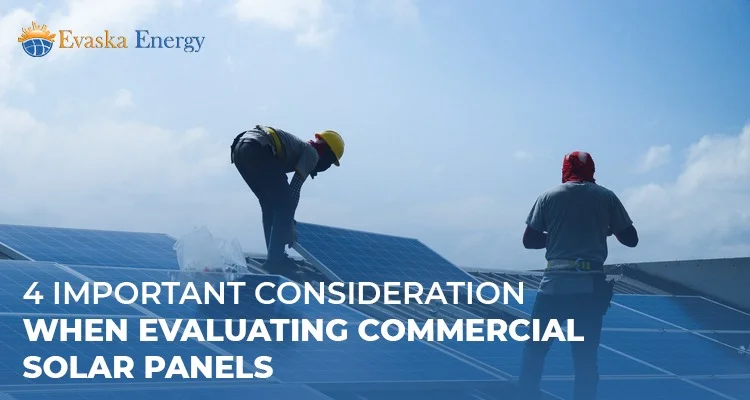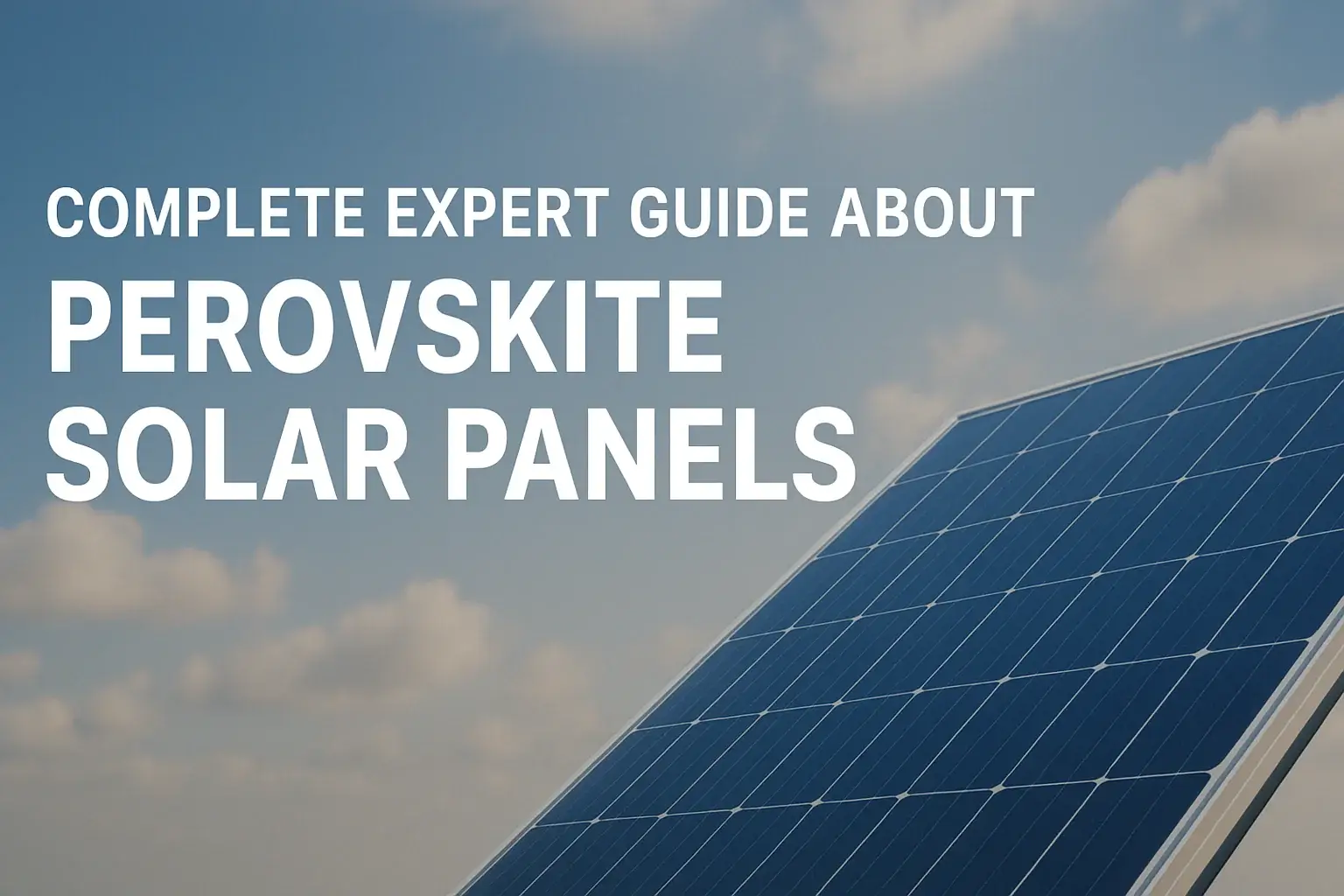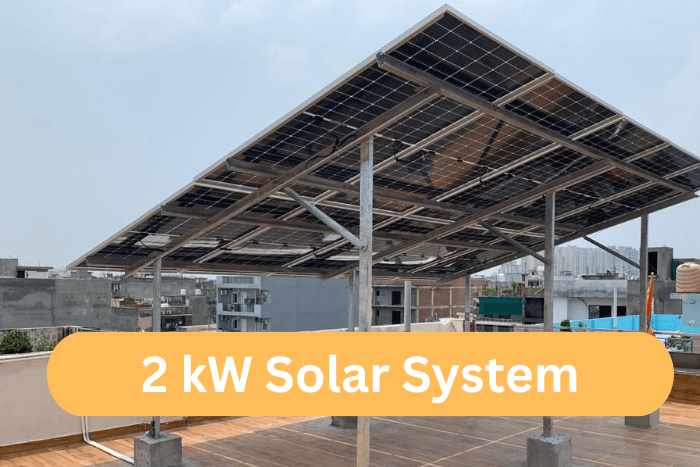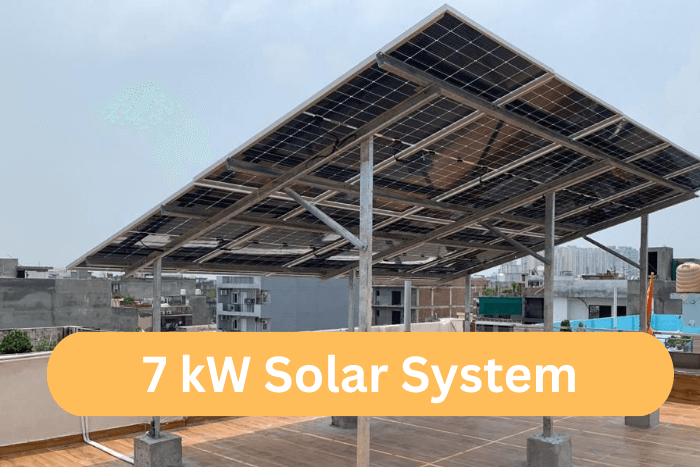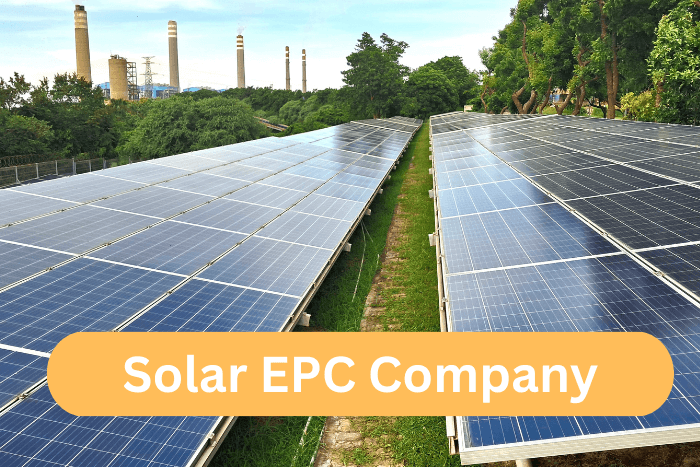4 Important Considerations When Evaluating Commercial Solar Panels?
The moment you search to install commercial solar panels for your business, you may come across the term “solar panel efficiency”.
SOLAR PANEL EFFICIENCY AND WHY IS IT IMPORTANT
This is the most important question for any commercial customer who wishes to install solar panels for his business. What is the solar panel efficiency, and how much power can I get from it? Every solar panel will have different efficiency, affecting your daily generation. The importance of solar panels for commercial purposes is crucial as it used to minimise the monthly electricity costs. Solar panel efficiency means the amount of energy each solar panel can convert from the sun’s energy falling on them. This makes the theory that the better the efficiency of solar panels, more the energy produced. Everyone is looking at creating maximum power at a minimal area so that we can achieve that target with higher efficiency and higher wattage solar panels. The different types of solar panels come with different efficiency:
- Polycrystalline solar panels: - 16% to 18% efficiency
- Monocrystalline solar panels: - 18% to 20% efficiency
- Mono Perc Half cut solar panels: - up to 24% efficiency
Amongst the three types of solar panels mentioned above, Mono Perc Half cut solar panels are the most advanced ones, with maximum efficiency and maximum power-producing capacity from a single solar panel. It also has the capability to produce more power from a tentatively smaller area.
Most businesses prefer to go with Mono Perc Half cut solar majorly because of two reasons:
- Highest efficiency, which means it will generate more power than the polycrystalline solar panels
- It requires less space to generate more power, so polycrystalline solar panels need a 10,000 sq. ft area to install a 100 KWp solar plant. At the same time, these solar panels can generate 40-50% more energy in the same available area.
DEGRADATION OF SOLAR PANELS
Solar panels need to be maintained for at least 25 years. Looking at this long-time frame, we need to consider how well these solar panels will perform in the period of these 25 years. Every solar panel has a degradation rate, which means the amount of power a single solar panel can produce in the first year will reduce in the 25th year. A nominal reduction will be there every year for the solar panel. The average degradation rate of a solar panel is 0.8% every year. This means the annual generation of solar panels will reduce by 0.8% every year for the rest of 25 years. It is important to understand and know which solar panel will provide the least degradation rate amongst others. It depends on the brand you choose and their degradation rate policy. This shows how durable your solar panel is and what power it will generate in the next 25 years for you.
One needs to understand that the degradation of solar panels also affects the output generation of electricity and the long-term functioning of the solar panels. How well it will perform in the long complete term period of 25 years. Always choose the solar panel company that offers better durability and a low degradation rate than its competitors.
PERFORMANCE
The first point in itself mentions the efficiency of solar panels, which means the amount of energy a single solar panel can produce from the sunlight that falls on them. The performance of solar panels entirely depends on the cell type and its efficiency. Choosing the right solar panel should be based on “how well will they perform” in all scenarios. In some cases, solar panels are installed in places having low sunlight irradiance where we have to install monocrystalline cell technology. This technology helps the customer extract more sunlight irradiance and generate more power in low sunlight. The better the performance of solar panels, the more energy they will generate.
Solar panel installation that takes place for business purposes is very closely monitored on the following basis:
- How much space will be required for solar panel installation?
- What will be the capital costs for installation?
- What will be the generation of energy in a year?
- How will the solar panels perform on rainy, cloudy or low light days?
To successfully answer this question and deliver the solar power plant solution to any business, you must choose solar panels with high efficiency and maximum power generation capability.
WARRANTY
After discussing the performance, efficiency, and durability of solar panels, we are here to discuss the most critical aspect of solar panels: the warranty. Every solar panel manufacturer these days is offering a warranty on solar panels.
But what exactly is this warranty? What all is included in the warranty?
Solar panels come with:
- Ten years of product warranty
- Twenty-five years of performance warranty
These warranty periods may or may not include the replacement or service of defective solar panels over 25 years. Some solar panels offer more than 25 years of warranty, but then everything comes at an extra cost to them. Looking at the long-term association with solar panels, we need to evaluate all the aspects in the broader picture.
Now, all the important considerations while evaluating solar panels for business purposes have been discussed above. The leading solar panels for business use are:
- Canadian Solar
- Renewsys
- Panasonic
- Sunpower
To know the Solar energy company in Gurgaon, you need to consider all these aspects before choosing the solar panels.



